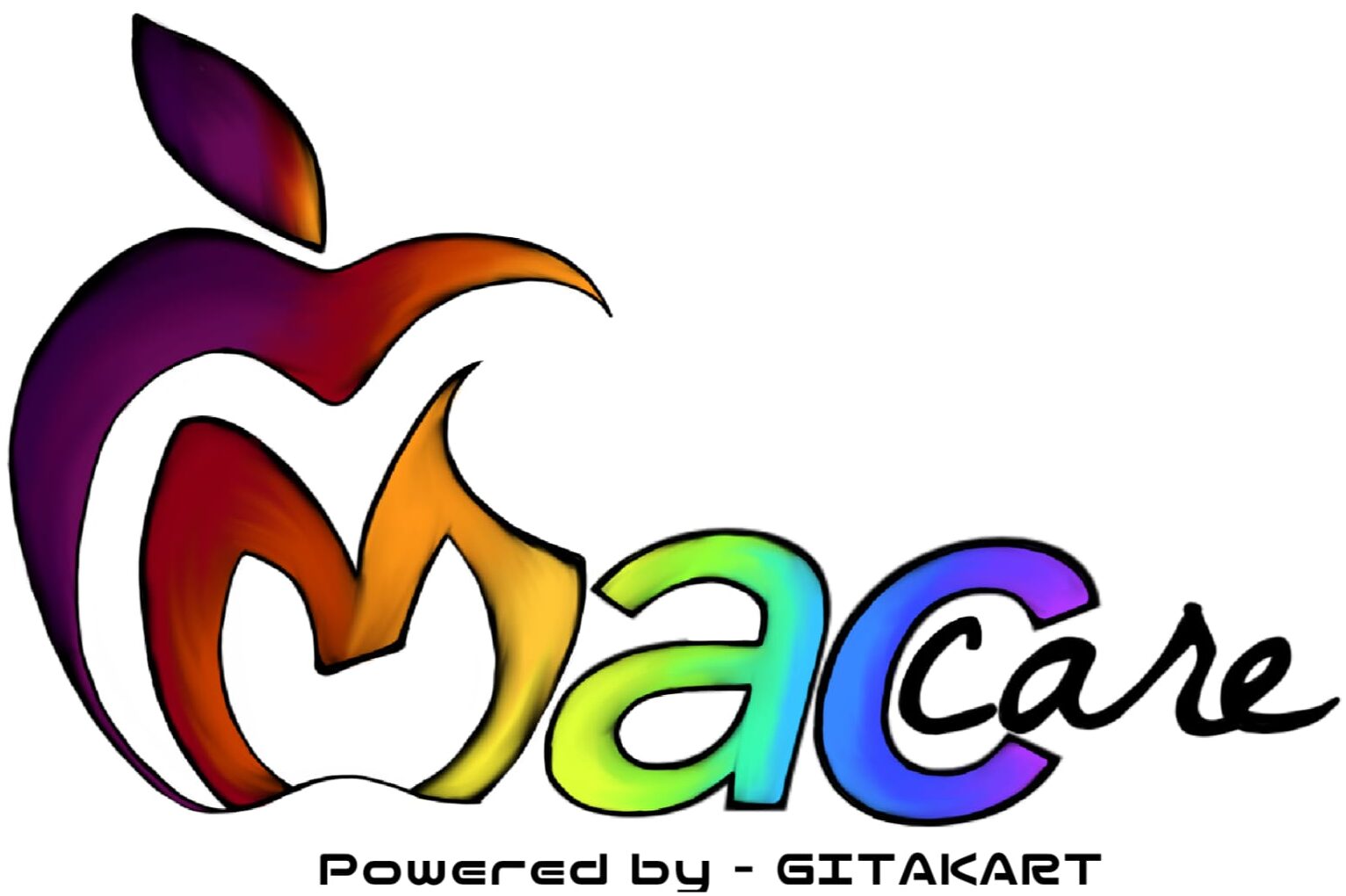
In the digital age, where trust and security are paramount, blockchain technology has emerged as a revolutionary force with the potential to redefine how we transact, collaborate, and secure data. This article delves into the fundamentals, applications, and transformative impact of blockchain, a distributed ledger technology that underpins the decentralized future.
Understanding Blockchain:
At its core, a blockchain is a decentralized and distributed ledger that records transactions across a network of computers. Unlike traditional centralized systems, where a single entity maintains control, blockchain relies on a consensus mechanism that ensures transparency, immutability, and security. Each block in the chain contains a list of transactions, and once added, it cannot be altered, creating a tamper-resistant record.
Key Features of Blockchain:
- Decentralization: Blockchain operates on a peer-to-peer network, eliminating the need for a central authority. This decentralized nature enhances security and reduces the risk of a single point of failure.
- Transparency: All participants in the network have access to the same information, promoting transparency and trust. Each transaction is verifiable and traceable, contributing to the integrity of the system.
- Immutability: Once a block is added to the blockchain, it becomes nearly impossible to alter or delete. This immutability enhances the security and reliability of the recorded data.
- Smart Contracts: Smart contracts are self-executing contracts with the terms directly written into code. These automated contracts facilitate, verify, or enforce the negotiation or performance of an agreement, further streamlining processes.
Applications of Blockchain Technology:
- Cryptocurrencies: The most well-known application of blockchain is in the creation of cryptocurrencies such as Bitcoin and Ethereum. Blockchain provides a secure and decentralized platform for peer-to-peer transactions without the need for intermediaries.
- Supply Chain Management: Block chain offers transparency and traceability in supply chains, allowing stakeholders to track the production, shipment, and delivery of goods. This reduces fraud, ensures authenticity, and enhances efficiency.
- Financial Services: Block chain is disrupting the traditional financial landscape by enabling faster and more cost-effective cross-border transactions. It also facilitates the creation of decentralized finance (DeFi) platforms, offering financial services without traditional intermediaries.
- Healthcare: In healthcare, block chain can securely store and share patient data, ensuring interoperability and maintaining privacy. This can streamline processes, reduce errors, and improve the overall quality of healthcare services.
- Smart Cities: Block chain technology can be leveraged in smart city initiatives for secure and transparent management of data related to infrastructure, energy, and public services. This contributes to sustainable urban development.
Challenges and Future Developments:
While block chain holds immense promise, challenges such as scalability, energy consumption, and regulatory uncertainty persist. Ongoing research and development aim to address these issues, with initiatives like Proof-of-Stake consensus mechanisms and sustainability-focused block chain projects gaining traction.
As the technology matures, the future of block chain promises continued innovation and integration across diverse industries. Whether it’s the evolution of decentralized applications (DApps), increased adoption of blockchain in governance, or the exploration of new consensus mechanisms, the transformative potential of blockchain technology is boundless.
Conclusion:
Block chain technology stands as a cornerstone in the digital transformation of our society. Its decentralized, transparent, and secure nature has the power to reshape industries, redefine trust, and empower individuals. As we navigate the possibilities of this groundbreaking technology, the impact of block chain is set to reverberate across sectors, fostering a new era of collaboration, efficiency, and inclusivity.
1 thought on “Blockchain Technology : Revolutionizing Industries and Empowering Change – 2024”
-
Pingback: The Rise of Refurbished Electronics: A Sustainable Solution for Tech Enthusiasts - 2024 - Used Macbook Exclusive
